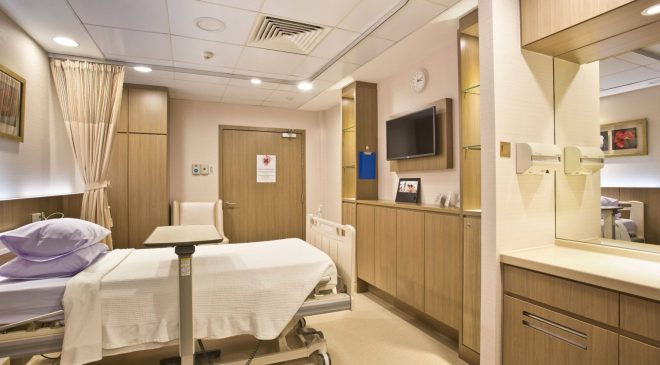
Prioritising the ethical and explainable use of AI in healthcare
IDC predicts that by the end of 2026, 55 per cent of healthcare organizations in Asia Pacific will have data governance frameworks in place, prioritizing the ethical and explainable use of AI for predictive, preventive, and personalized care.
“Digital transformations of the healthcare delivery systems in Asia Pacific will accelerate, including further technological advancements in the realms of prescient digital twins and intelligent medical robots that serve patients’ healthcare needs more holistically,” says Calvin Lau, Research Director, Head of Public Sector, IDC Asia/Pacific. “However, rising inflationary costs are potential headwinds to additional healthcare investments, compelling healthcare providers to rethink and reallocate healthcare budgets more prudently. The pandemic had also exposed the inability of some public health frameworks to provide care adequately to certain sections of society. The pandemic-induced drive to greater healthcare equity, making healthcare more accessible to more people, will be the future healthcare trend in Asia Pacific”, added Lau.
In the process of aligning with the care needs, healthcare organizations are set to have increased priority on establishing ‘care anywhere’ programs, leveraging clinical data, exploring seamless connectivity, automating care processes, along with strong anchoring on trust, compliance and explainability.
“Healthcare delivery system in Asia Pacific is undergoing a transition towards patient-centricity. This transition is strongly facilitated by the evolution of the digital front door, healthtech ecosystem, and enhanced focus on data, redefining care further into care anywhere, predictive care, and personalized care,” says Manoj Vallikkat, Senior Research Manager, Healthcare Insights, IDC Asia/Pacific. “While there is focus on the use cases that leverage on emerging technologies, moving forward, the industry will witness increased involvement of LOB (Line of Business) heads along with IT leaders, as part of the ecosystem, in evolving patient-centric care models/solutions”, added Vallikkat.
IDC’s top 10 healthcare industry predictions provide guidance to healthcare leaders on preparing and responding to the major storms of disruptions, big tech flips, and after-effects of the pandemic.
Integrated Trust: By the end of 2024, 20 per cent of expenses on care integration solutions will be centered around “trust” to protect data, workflows, and transactions, as well as ensure ethical and privacy compliance, in Asia Pacific.
Healthcare Work Hybridization: By 2025, 30 per cent of healthcare organizations in Asia Pacific will have hybrid work models with more virtualized, automated, and intelligent workplaces leading to increased patient and workforce satisfaction.
Hospital Digital Twins: By 2026, investments in digital twins by large hospitals in Asia Pacific will double, driven by the need for unbiased, real-time simulation tools to improve decisions on operations, care capacity, and patient safety.
5G Care Anywhere: The maturation of high-speed, low latency 5G networks and emergence of a more connected healthcare ecosystem in Asia Pacific will double the number of patients seen outside the four walls of care by the end of 2026.
Explainable AI: By the end of 2026, 55 per cent of healthcare organizations in Asia Pacific will have data governance frameworks in place, prioritizing the ethical and explainable use of AI for predictive, preventive, and personalized care.
Robotics Beyond Surgery: Driven by workforce shortages and the need for new efficiencies, 1 in 10 hospitals in Asia Pacific will leverage robotics beyond surgery and outside their operating rooms to enhance care delivery by the end of 2025.
ESG Equity: By 2027, digital acceleration and data-driven policies will scale health equity in 50 per cent of healthcare organizations in Asia Pacific, attracting further investments for environmental, social, and governance goals.
Rise of Consumerism: By 2027, 55 per cent of healthcare organizations in Asia Pacific will rely on digital-first strategies, interoperable workflows, and consumer data platforms to empower patients, elevate experiences, and champion trust.
Intelligent Command Centers: By 2028, 1 out of 8 large hospitals in Asia Pacific will have established AI-driven command centers to improve care coordination, reduce costs, optimize operations, and enable care anywhere initiatives.
Healthcare Metaverse: By 2028, 1 out of 15 large hospitals and 1 out of 10 medical education providers in Asia Pacific will pilot having a presence in the metaverse to drive more immersion.
Tags: Asia PacificIDC




